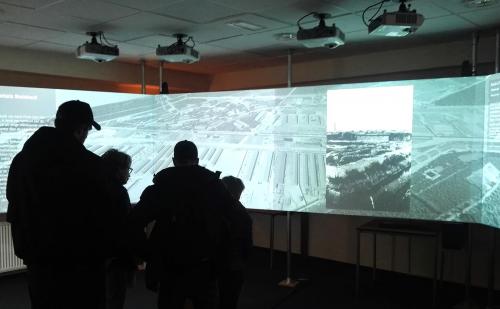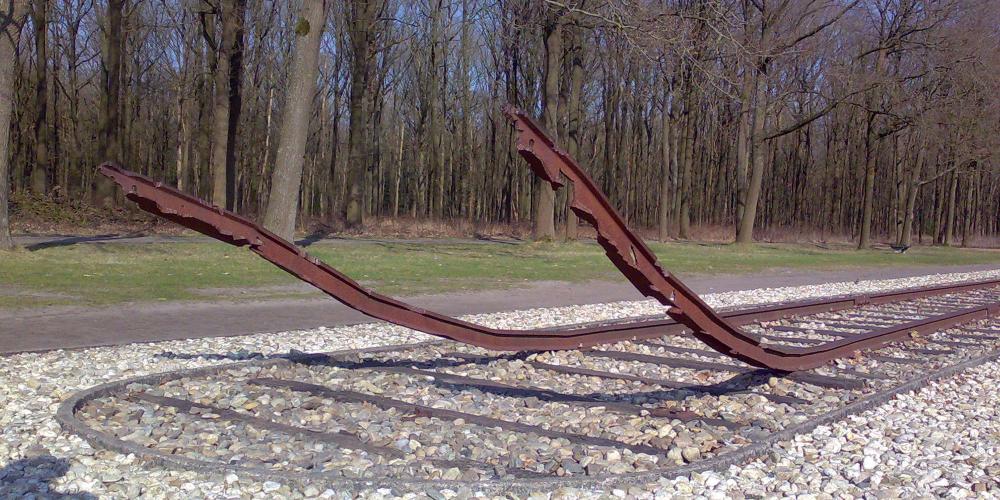
6 August, 2017

This project looks at traces of the twentieth-century mass violence and terror as tangible reminders of the ‘age of extremes’ and their present uses in (trans)national contexts.
In most post-war European countries former Nazi internment camps have become icons of anti-fascist resistance and the Holocaust. They have played a consistent role in post-war European memory of totalitarianism and genocide. In the Eastern European centre of the Holocaust and Communist terror, many former ‘terrorscapes’ are still contested spaces where consecutive internments of prisoners by occupying powers and authoritarian regimes transformed the victims of one event into the persecutors of another.
Project Leader
University of Amsterdam
Netherlands
This entanglement of remembering with forgetting and the silencing of competing narratives show the strong connection between heritage, storytelling and the politics of identity. This poses a serious challenge to museums, remembrance institutions, civil society organisations, social activists, critical academics and educators tasked with the development of new and alternative narratives to make such spaces ever more relevant.
Project Leader
University of Amsterdam
Netherlands
Freie Universität Berlin
Germany
Staffordshire University
United Kingdom
University of West Bohemia
Czech Republic
Norwegian University of Science and Technology
Norway
Institute for Bioengineering of Catalonia
Spain
Kamp Westerbork
The Netherlands
The Museum of Struggle and Martyrdom Treblinka
Poland
Jasenovac Memorial Site
Croatia
Lidice Memorial
Czech Republic
Bergen-Belsen Memorial
Germany
Falstad Centre
Norway
Post Bellum
Czech Republic
Vienna Wiesenthal Institute for Holocaust Studies
Austria
Vienna Wiesenthal Institute for Holocaust Studies
Austria

6 August, 2017